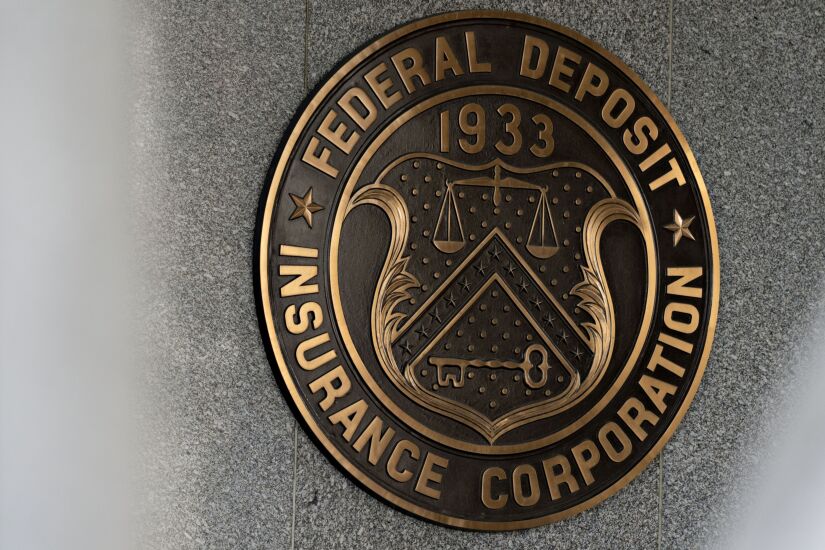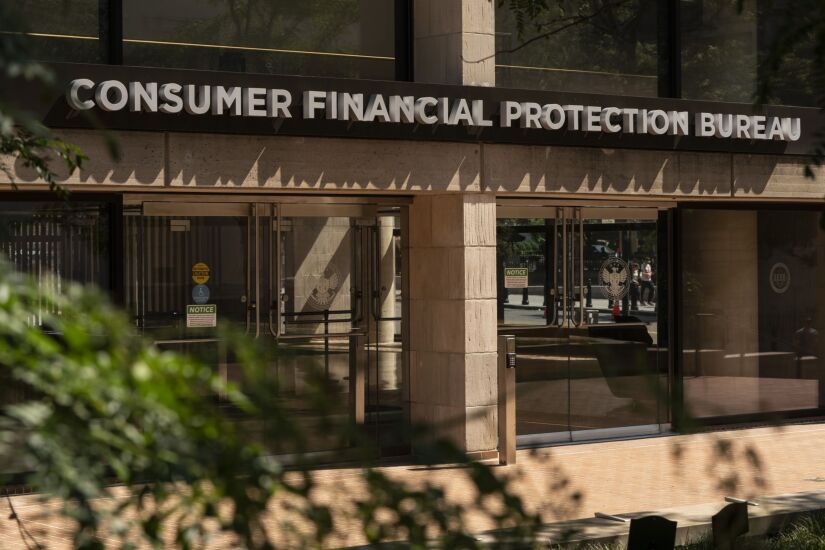Rohit Chopra, the director of the Consumer Financial Protection Bureau, has prodded banks to drop overdraft fees, hit large corporate wrongdoers with enforcement actions and set his sights on regulating Big Tech firms.
In a wide-ranging interview with American Banker, Chopra detailed the dangers of Big Tech firms moving into financial services and the urgent need to bring them into the regulatory fold, an area that could help banks navigate a changing world revolving around real-time payments.

He also addressed the Federal Deposit Insurance Corp.’s decision to further a request for information related to a review of bank merger processes, a vote that sidelined former Chair Jelena McWilliams and ultimately led to her resignation. Chopra dismissed the brouhaha, which drew congressional complaints, as nothing more than majority rule.
Chopra has drawn considerable fire from political and corporate opponents to his initiatives in his time in office, with the U.S. Chamber of Commerce
Here are six of the most impactful insights from the interview, which you can read in full










